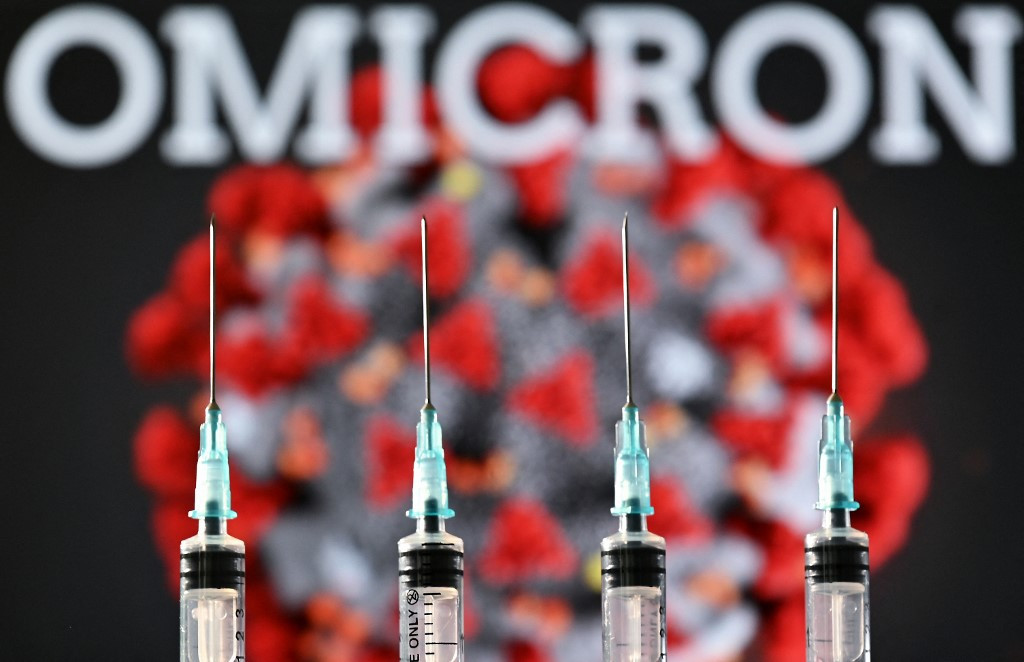Popular Reads
Top Results
Can't find what you're looking for?
View all search resultsPopular Reads
Top Results
Can't find what you're looking for?
View all search results"Deltacron" with genes of Delta and Omicron found
Because there have been so few confirmed cases, it is too soon to know whether Deltacron infections will be very transmissible or cause severe disease, said Philippe Colson of IHU Mediterranee Infection in Marseille, France, lead author of a report posted last week on medRxiv ahead of peer review.
Change text size
Gift Premium Articles
to Anyone
H
ybrid versions of the coronavirus that combine genes from the Delta and Omicron variants - dubbed "Deltacron" - have been identified in at least 17 patients in the United States and Europe, researchers said.
Because there have been so few confirmed cases, it is too soon to know whether Deltacron infections will be very transmissible or cause severe disease, said Philippe Colson of IHU Mediterranee Infection in Marseille, France, lead author of a report posted last week on medRxiv ahead of peer review.
His team described three patients in France infected with a version of SARS-CoV-2 that combines the spike protein from an Omicron variant with the "body" of a Delta variant.
Another two unrelated Deltacron infections have been identified in the United States, according to an unpublished report by genetics research company Helix that has been submitted to medRxiv and seen by Reuters.
On virus research bulletin boards, other teams have reported an additional 12 Deltacron infections in Europe since January - all with an Omicron spike and a Delta body.
Genetic recombinations of human coronaviruses have been known to happen when two variants infect the same host cell.
"During the SARS-CoV-2 pandemic, two or more variants have co-circulated during same periods of time and in same geographical areas... This created opportunities for recombination between these two variants," said Colson, adding that his team has designed a PCR test that "can quickly test positive samples for the presence of this... virus."
In January, experts said that an alleged hybrid coronavirus mutation dubbed "Deltacron" reportedly discovered in a Cyprus lab is most likely the result of a lab contamination, and not a new worrying variant.
Cypriot media reported the discovery Saturday, describing it as having "the genetic background of the Delta variant along with some of the mutations of Omicron".
While it is possible for coronaviruses to genetically combine, it is rare, and scientists analysing the discovery of so-called "Deltacron" say it is unlikely.
"The Cypriot 'Deltacron' sequences reported by several large media outlets look to be quite clearly contamination," Tom Peacock, a virologist with the infectious diseases department at Imperial College London, tweeted over the weekend.
Jeffrey Barrett, the head of the COVID-19 Genomics Initiative at Britain's Wellcome Sanger Institute, said the alleged mutations are located on a part of the genome that is vulnerable to error in certain sequencing procedures.
"This is almost certainly not a biological recombinant of the Delta and Omicron lineages," he said quoted by AFP.











